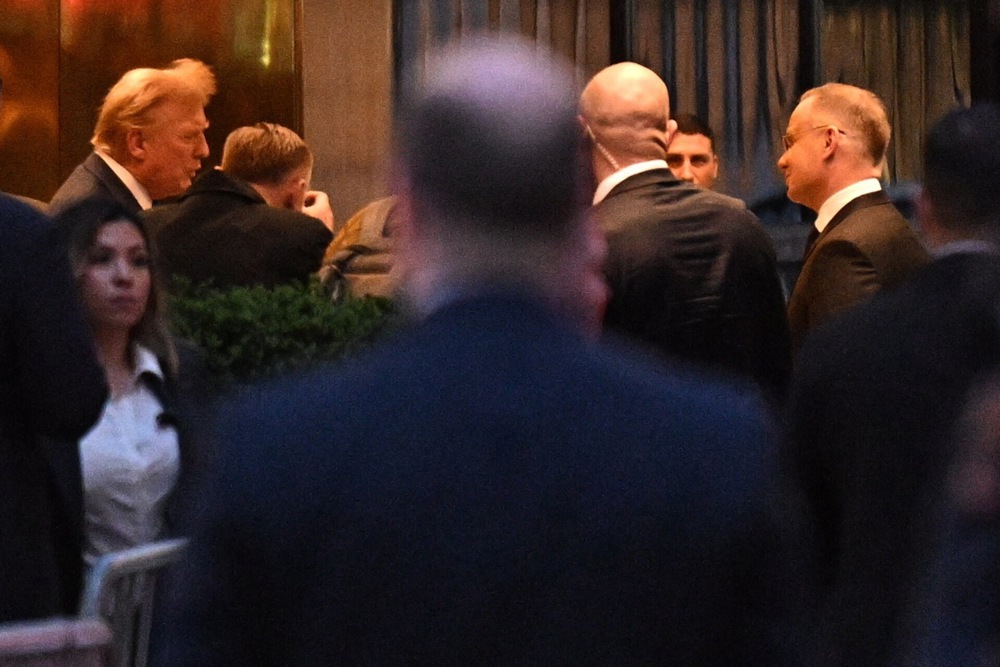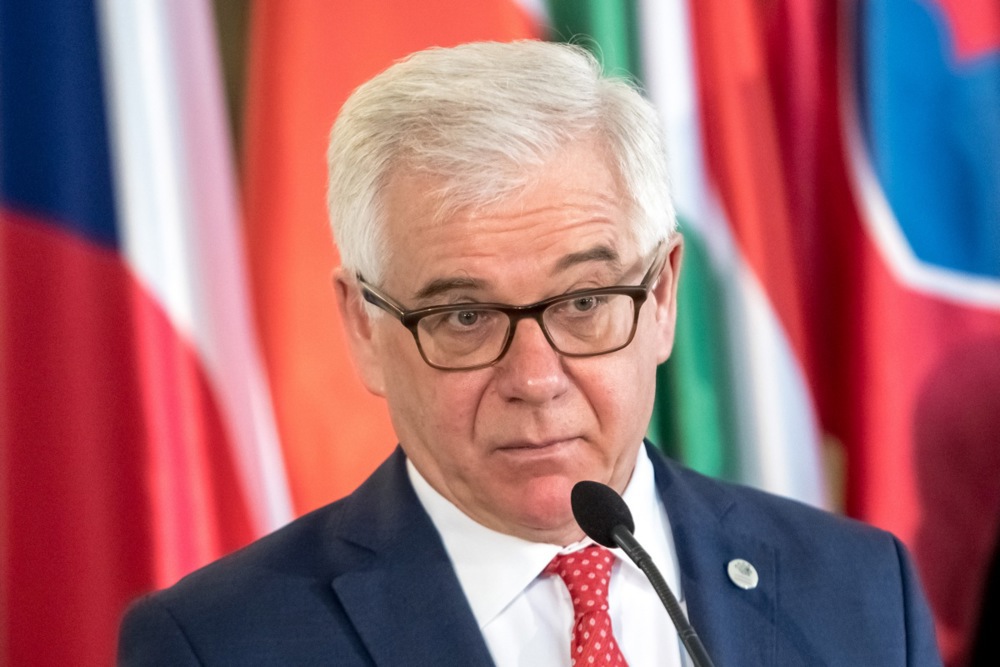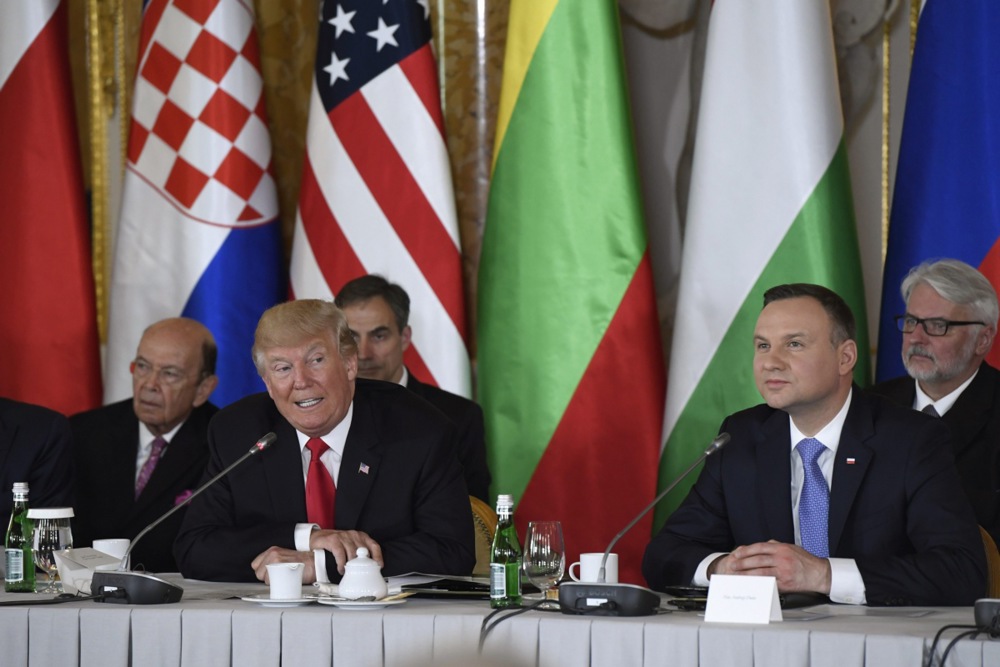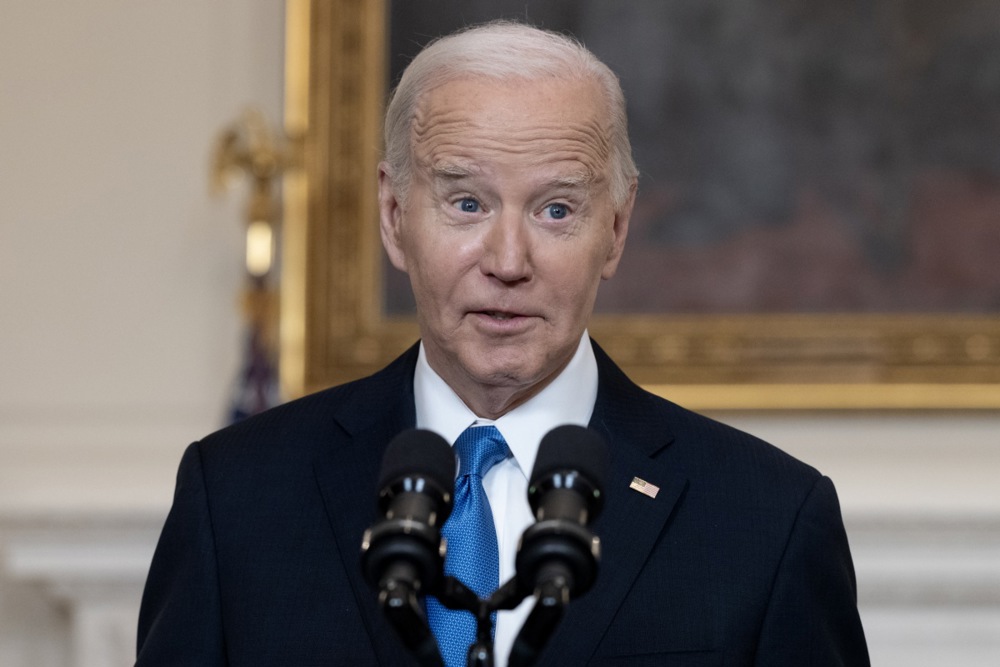Poland’s President Andrzej Duda has said Ukraine would have to “make compromises” to achieve a durable peace deal with Russia.
In an interview with broadcaster Euronews on April 24, Duda added: “There is no one outside of the United States who can stop [Russian President] Vladimir Putin.”
“I believe that [US] President Donald Trump, with his determination, can bring this war to an end,” said Duda, who is aligned with the Conservatives (PiS), the party in opposition to Prime Minister Donald Tusk.
Duda claimed only US pressure could “really bring this war to an end and help forge a peace that may not be comfortable for either side. But maybe that’s what will make it last”.
Asked by Euronews about a potential peace agreement, Duda said: “It has to be a compromise which comes down to the fact that neither side will be able to say that it won this war, because each side in some sense will have to take a step back.”
That, he said, meant “Ukraine will also have to take a step back”. He would not be drawn on his vision of any peace deal “at this stage”.
Duda also stressed the importance of the US military presence in Poland, which consists of a rotational 10,000 US troops presence and said he would “encourage President Trump to have more American units here”.
Earlier in April, the US had announced plans to withdraw its troops from the city of Rzeszow, which since 2022 has become the main hub for military and humanitarian aid to Ukraine. Washington said it planned to relocate its forces to other parts of the country.
US broadcaster NBC reported there were rumours that the US was considering completely withdrawing its 10,000 troops from NATO’s eastern flank, of which Poland was a vital part.
Duda and the government indicated they hoped the country’s high level of defence spending (4.7 per cent of GDP), which led US defence secretary Pete Hegseth to refer to Poland as a “model ally”, would mean the US would be reluctant to scale down its presence. In addition, US Secretary of State Marco Rubio called the country “an example for other European nations”.
Over the past few years, Poland has purchased substantial amounts of US military hardware including Abrams tanks, F-35 fighter planes, Black Hawk helicopters, Patriot air-defence batteries and HIMARS rocket launchers.
Duda, whose second and final term in office ends in August, has been both a strong supporter of Ukraine since Russia’s full-scale invasion and was a close ally of Trump during the US president’s first term in office.
Despite that, along with the PiS, Duda has in the last couple of years become more nuanced in his support for Ukraine.
That was in part due to the Ukrainians having failed to respond positively to Polish pressure to recognise the Volhynia massacre of Poles by Ukrainians during the Second World War as genocide.
Adding to Duda’s displeasure was a dispute about the export of Ukrainian grain to Poland.
While the centre-left government led by Tusk maintained that any peace deal must be acceptable to Ukraine and should not reward Russia, it has ruled out the participation of Polish forces in any European peace-keeping mission.
Warsaw has not been at the forefront of European efforts to influence Trump’s peace moves regarding Ukraine.
The US President’s administration has pressed for a deal involving significant Ukrainian concessions, including possible recognition of Russian control over Crimea, which Kyiv has so far been unable to accept.
Trump recently expressed frustration at the lack of progress towards a deal, voicing criticism of both Ukrainian President Volodymyr Zelensky and Putin.





